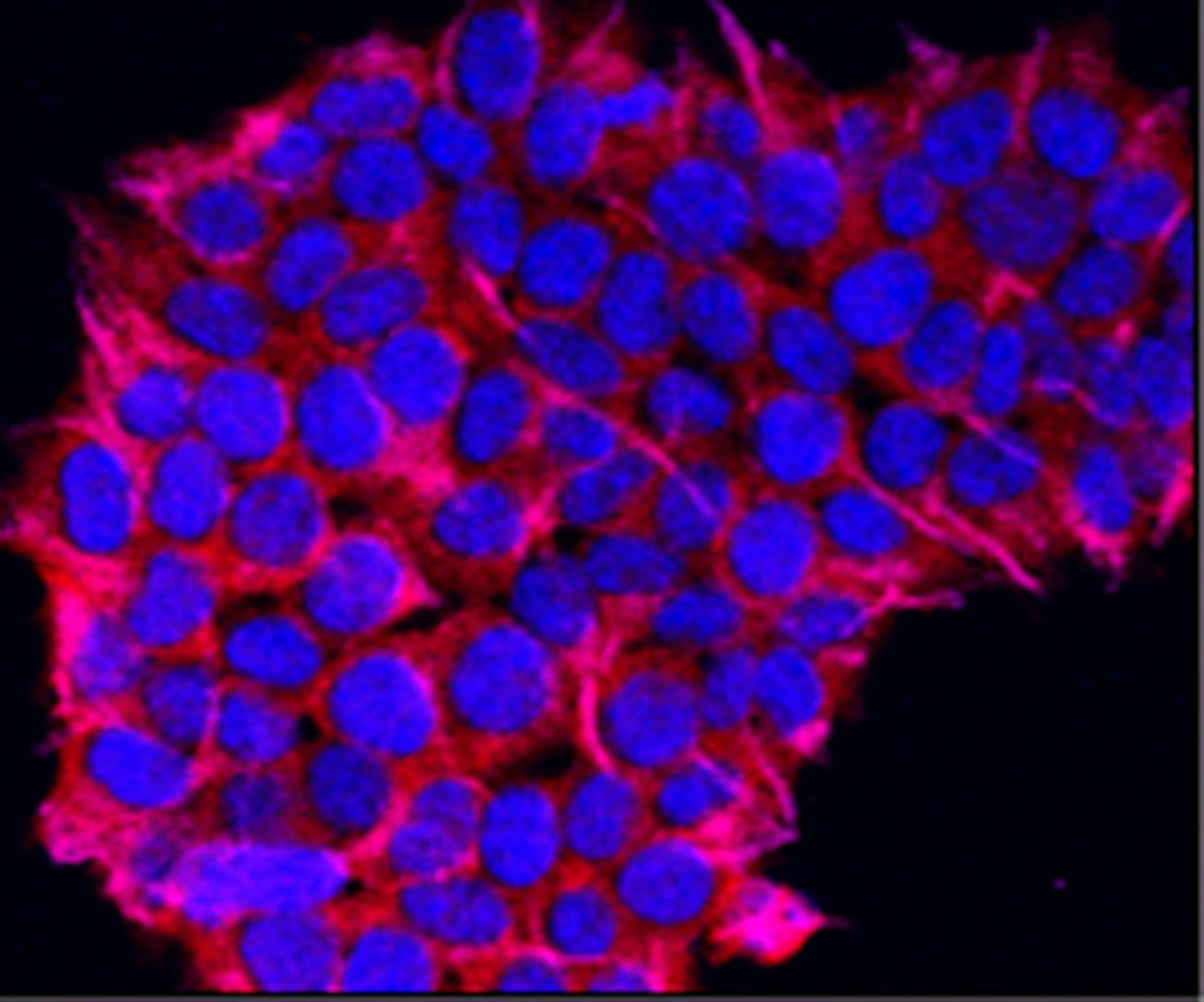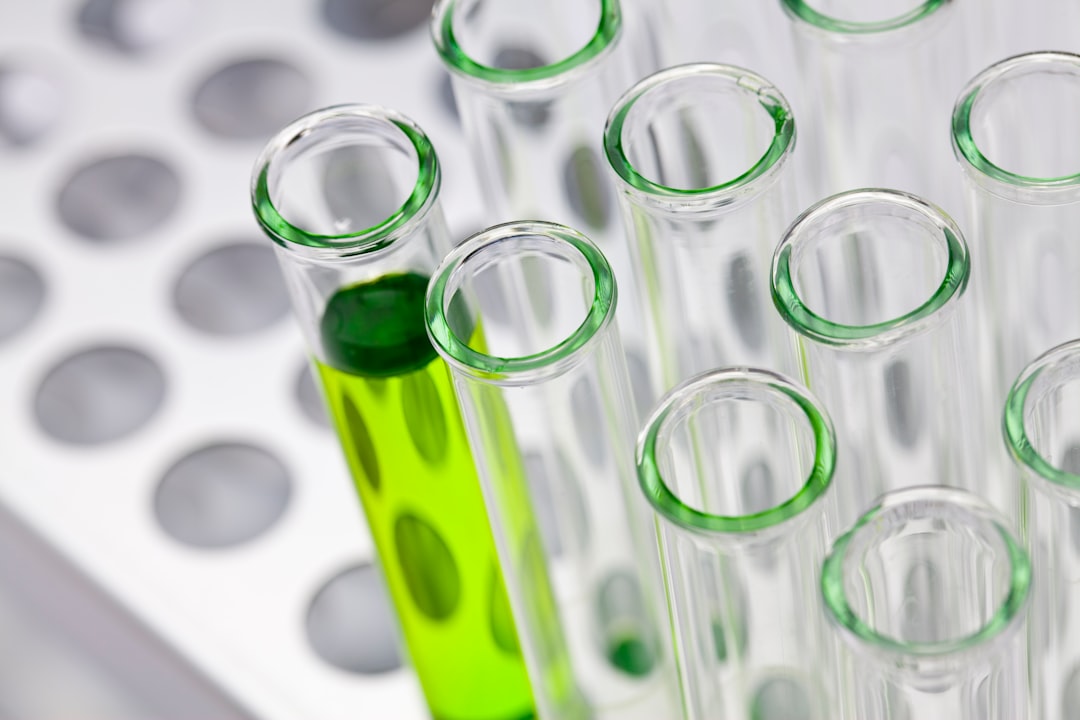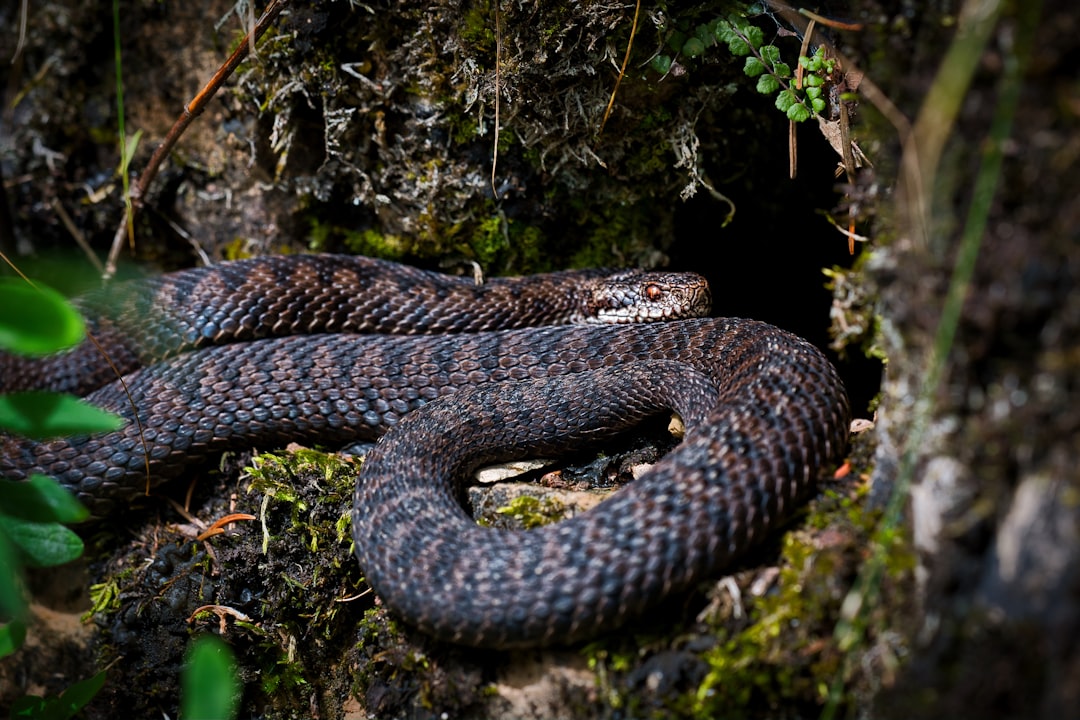What is it about?
Through this work, we describe that the blood-progenitor cells are self-sustaining in terms of synthesising and sensing a neurotransmitter, dopamine, which is classically known to be a sleep and mood regulator in animals including humans. The blood-progenitor cells show a build-up of intracellular dopamine with time and this is necessary to sustain the proliferation of these progenitor cells. Blocking the synthesis and sensing of dopamine by these blood-progenitor cells resulted in a small lymph gland size (the hematopoietic organ of Drosophila), showcasing that dopamine acts as a pro-growth cue. Interestingly, there is a time-dependent requirement of the different dopamine modules on the cell cycle phasing of the progenitor cells. The dopamine synthesis and uptake in the progenitors is important for an early S to G2 phase cell cycle transition. Later on the dopamine signalling, by receptor Dop2R, becomes key to drive a G2 to M phase transition.
Featured Image

Photo by National Cancer Institute on Unsplash
Why is it important?
The significance of this work lies in highlighting how multi-faceted neurotransmitter molecules are, apart from their well characterised roles in the nervous system. They can be employed by the immune system of an organism, in this case of fruit flies, for fundamental yet important processes like cell cycle phase regulation and growth.
Perspectives
In my understanding, this study is interesting with just the finding that the blood-progenitor cells are actively making dopamine, a molecule that is already prevalent in the brain and skin (cuticle) of the fruit fly. This explains that the blood system is able to independently calibrate its internal levels of dopamine so as to control cell division of the blood-progenitor population. Additionally, this highlights the requirement and function of intracellular dopamine, which begs our attention to treat such molecules as metabolites also.
Ankita Kapoor
Institute for Stem Cell Science and Regenerative Medicine (inStem), Bangalore, India
Read the Original
This page is a summary of: Dual control of dopamine in
Drosophila
myeloid‐like progenitor cell proliferation and regulation of lymph gland growth, EMBO Reports, April 2022, EMBO,
DOI: 10.15252/embr.202152951.
You can read the full text:
Contributors
The following have contributed to this page










